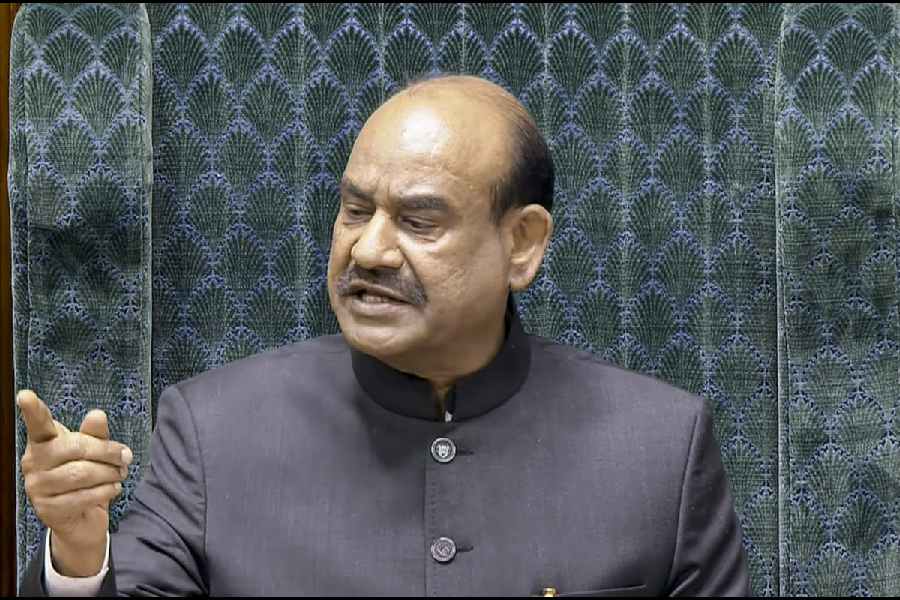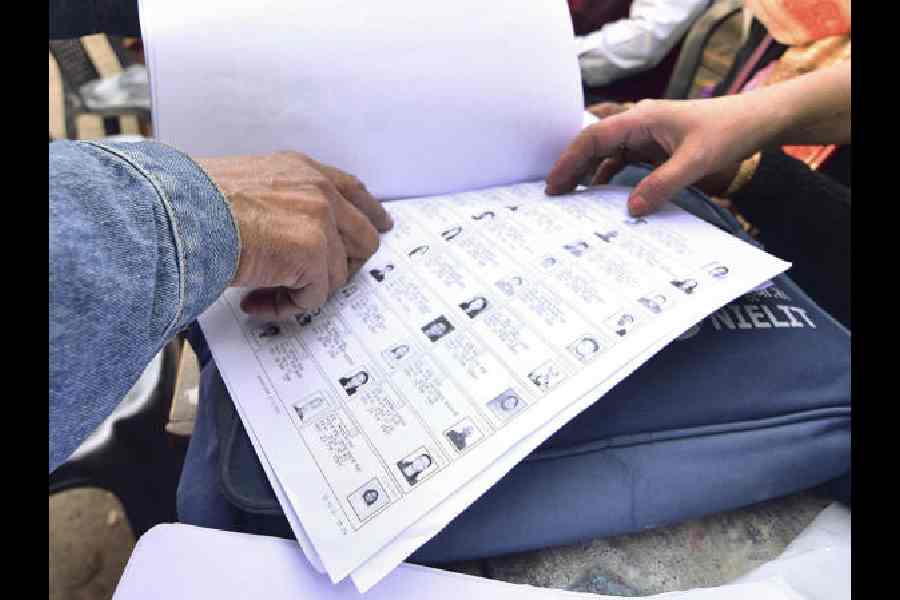New Delhi, March 6: India has cancelled a planned visit by Prime Minister Narendra Modi to the Maldives next week amid political unrest on the Indian Ocean archipelago, signalling deepening diplomatic differences over Male's decision to arrest former President Mohammed Nasheed.
Modi will next week travel to Seychelles, Mauritius and Sri Lanka but will not round off his trip to India's maritime neighbours with a visit to the Maldives, the foreign office confirmed today.
India had warned the Maldives that it could call off Modi's visit to Male if the political chaos in the country triggered by Nasheed's arrest did not abate.
The next day, the ministry of external affairs publicly articulated India's concerns, rooted in fears of political instability in its immediate neighbourhood where China has over the past few years deepened its strategic footprint significantly.
"But our concerns haven't been heeded, and in this situation it makes little sense for the Prime Minister to visit," a senior Indian official familiar with the government's thinking said. "His trip would be pitched by the Male government as an endorsement of its policies."
Modi was expected to visit the Maldives on March 15, flying in to Male from Colombo. Although the foreign office had not announced the dates of his visit, Maldives foreign minister Dunya Maumoon, the niece of current President Yameen Abdulla and daughter of long-time Maldives ruler Maumoon Abdul Gayoom, had tweeted the day Nasheed was arrested, confirming the Prime Minister's visit.
For India, the crisis in the Maldives is the latest chapter in a series of diplomatic tiffs it has had with its tiniest neighbour since 2012, when Nasheed, the country's first democratically elected President, was deposed by a coalition led by Gayoom's family.
Nasheed's vice-president, Mohammed Waheed, took over as President, backed by Gayoom and Abdulla.
In 2013, Waheed cancelled a 25-year contract Nasheed's government had awarded Bangalore infrastructure firm GMR to build and run Male's international airport. Waheed's move sparked strong protests from India, including silent sanctions on the sale of construction material. Medical visas became harder to obtain for Maldivians.
But by mid-2013, India began negotiating with Waheed's government to hold democratic elections that were due. Then foreign secretary Ranjan Mathai extracted from Waheed a commitment that the elections would be free and fair, and that key political players like Nasheed - whose Maldivian Democratic Party is the country's largest party - would be allowed to participate.
Abdulla won in the presidential run-offs after Nasheed secured the single largest number of votes - but not a majority in the first leg of the polls. Abdulla made India his first foreign destination as President.
But key allies of his coalition have since left Waheed, and joined Nasheed, triggering the removal of two judges appointed by Nasheed and the arrest of Waheed's own defence minister. Finally, in February, Nasheed was arrested on terror charges.
As in the past, sections of the Indian diplomatic establishment are spotting a covert Chinese hand in the crisis.
"Without a concrete commitment from the Chinese, there is no way the Maldives would take on India the way they have," a second Indian official said. "I'm not saying the Chinese are orchestrating this, not at all, but the Maldives government is using China's support to challenge us."
Last September, days before he landed in India, Chinese President Xi Jinping visited Male - the first time Beijing's top leader flew into the Maldives.











